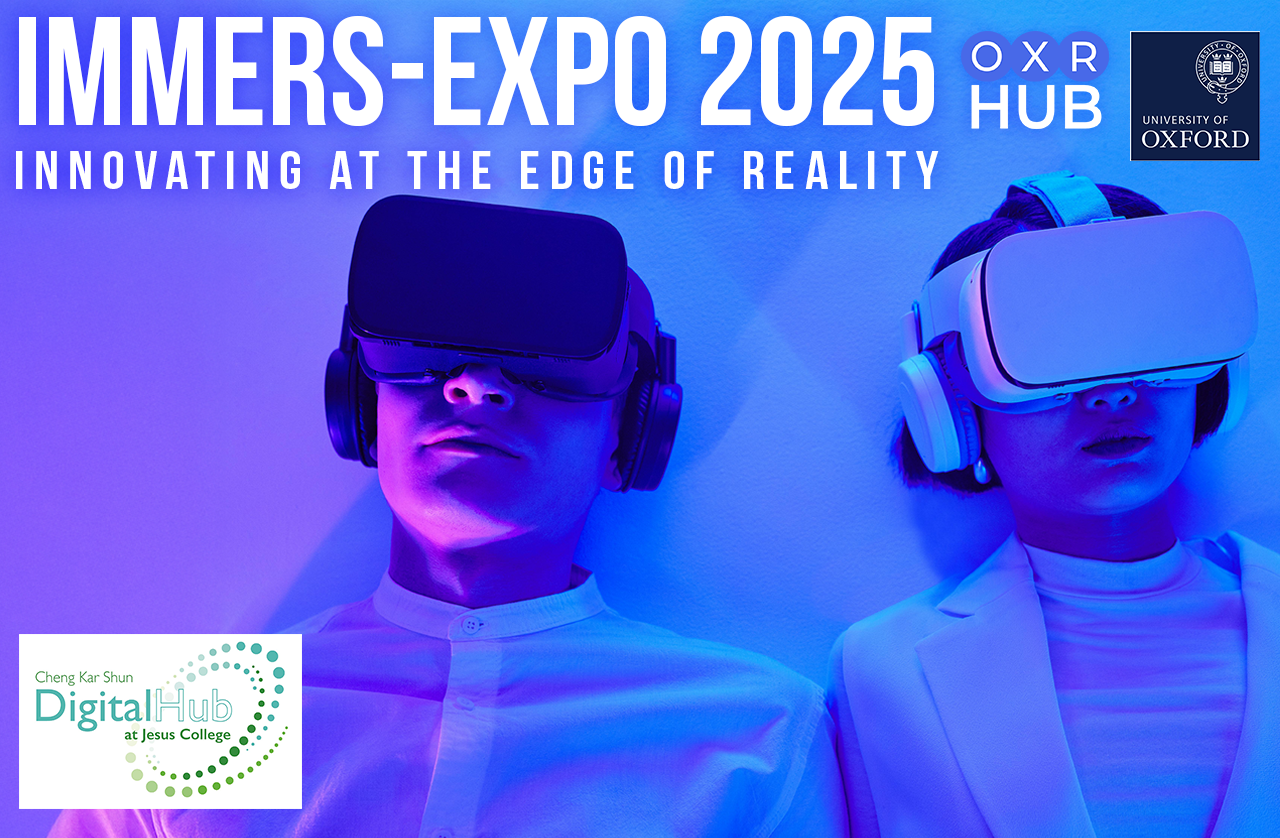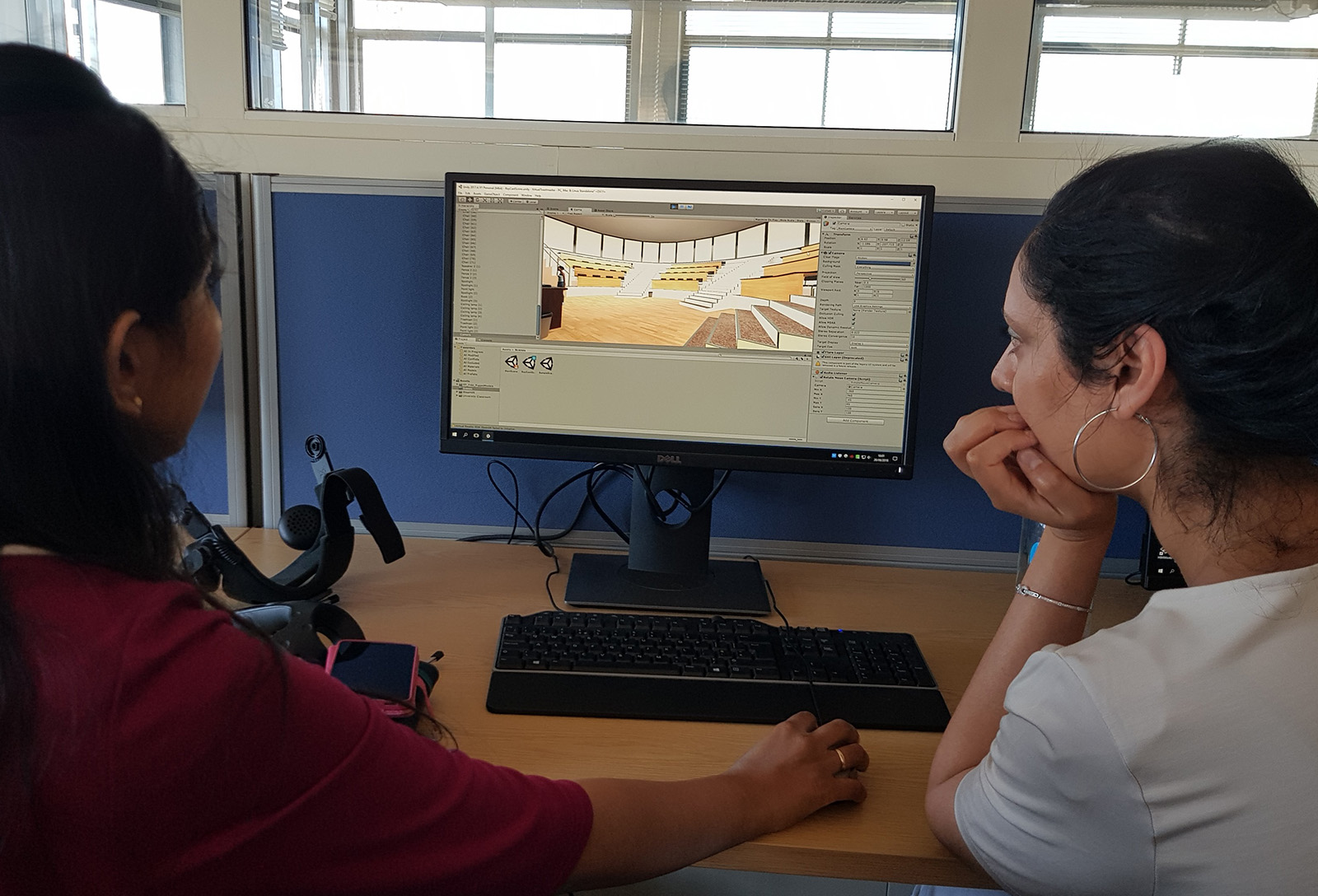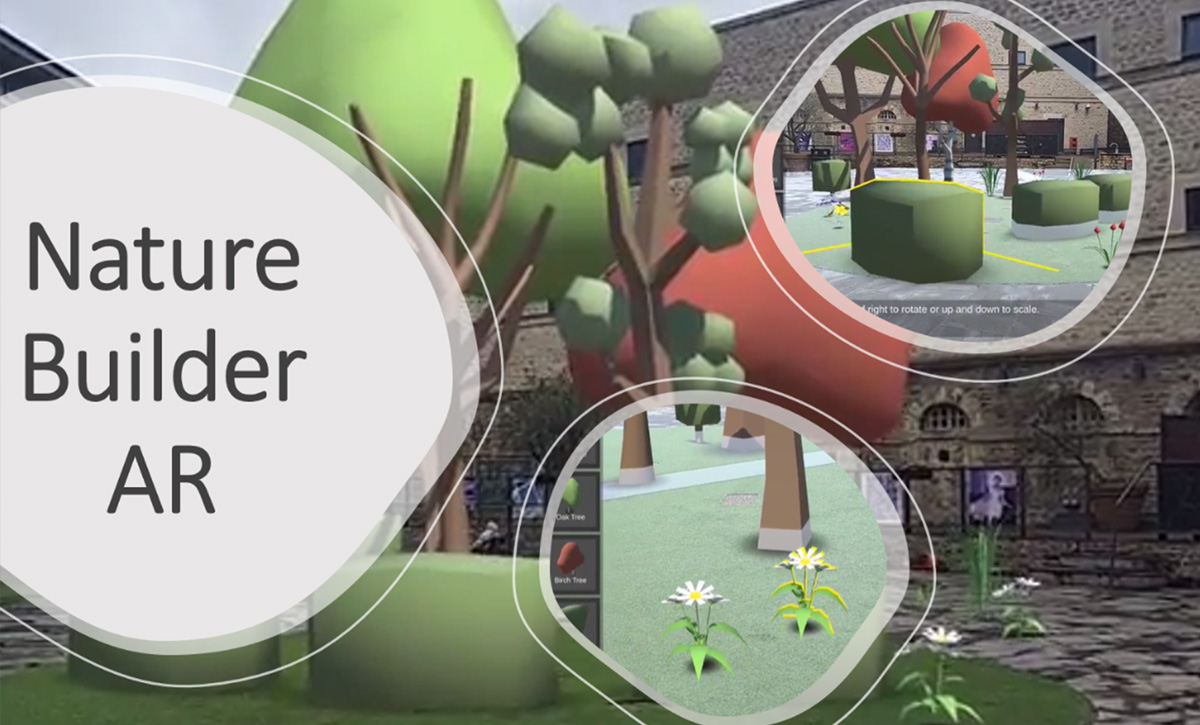OXR Hub launches the Immers-Ed Global Hackathon
OXR Hub launches the Immers-Ed Global Hackathon
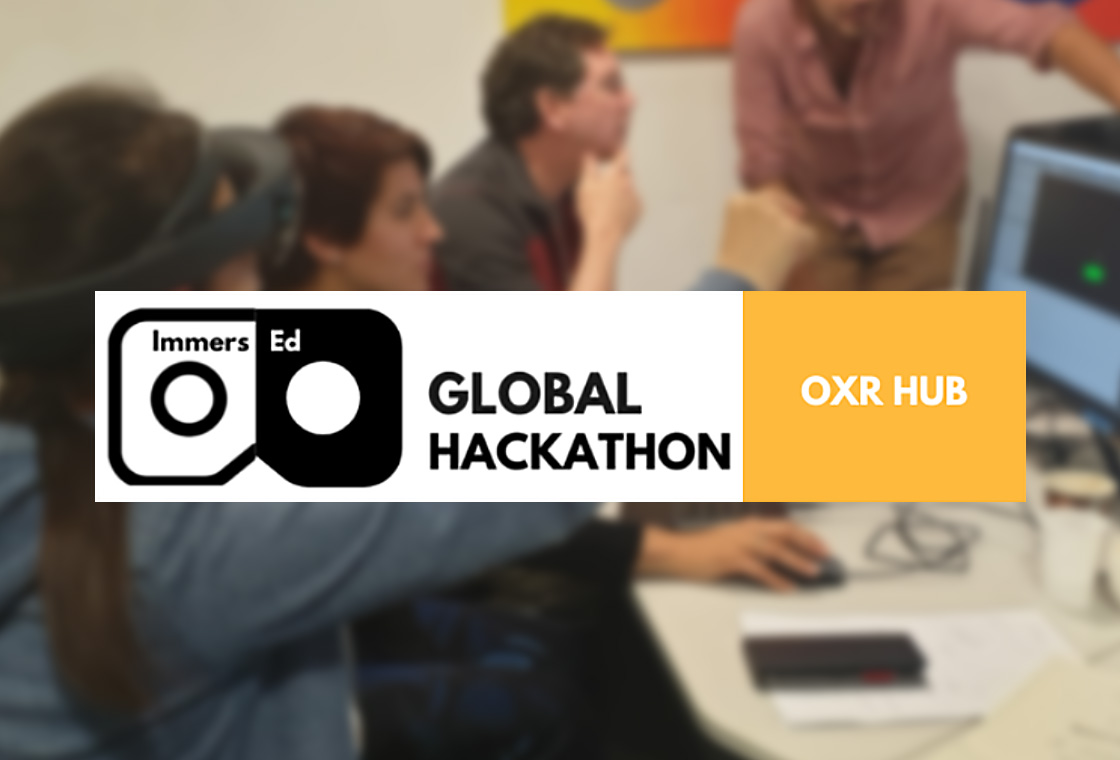
At the Oxford X-Reality Hub we explore how we can harness immersive technologies to tackle some of humanity’s greatest challenges through multidisciplinary research, development, and global collaboration. Today, we are inviting students, researchers, developers, and members of industry to join us for the Immers-Ed Global Hackathon to address challenges in specific focus areas.
Apply here for the opportunity to work with other curious and innovative minds.
The OXR team has been familiar with remote and distanced collaboration, bridging the gap between researchers at Oxford and other institutions, as well as engaging developers and members of industry across the globe. Over the course of the pandemic, this model would become vital to maintaining progress despite restrictions and closures. We decided to replicate this model in the form of the Immers-Ed global hackathon.
The global hackathon is open to all–you don’t need to know how to code to join.
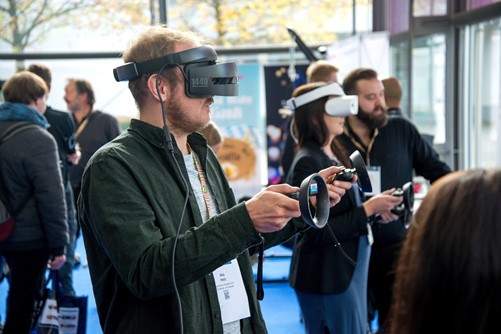
The hackathon will be remote and will begin on September 27th. On September 27th, we will kick off a 72 hour hackathon starting with a launch event. Starting now until July 31st, you can apply as an individual or as part of a team. Here’s what you’ll need:
- Team members (or yourself)
- Identify which Challenge you want to create a project idea around
- Submit an application
On August 7th, we will announce which individual and team applications have been officially accepted. If this is you, you will receive an email confirmation.
Between August 7th and August 31st, matchmaking will take place. Matchmaking is where the OXR Hub team pairs accepted individuals with teams based on profile, skill set, and the selected Challenge. On August 31st, we will announce Project Teams to the public. After that, it is time to save the date and get excited for the hackathon! The hackathon starts on September 27th. During the launch event, representatives from our partner departments, such as IT Services, the Heritage Network, TORCH (en)coding Heritage Network, Reuben College, Oxford & the MRC Weatherall Institute of Molecular Medicine, the University of Oxford Department of Education, and more will present and speak to the different challenges. The launch event will also be an opportunity to connect with other participants in a synchronous live environment.
Between the 27th and the 30th of September, teams will develop their final projects. On each day we will host immersive technology and design workshops which will be a valuable resource to participants as they work on final project presentations.
There will be four winners selected in total: 4 Challenge winners and one best overall.
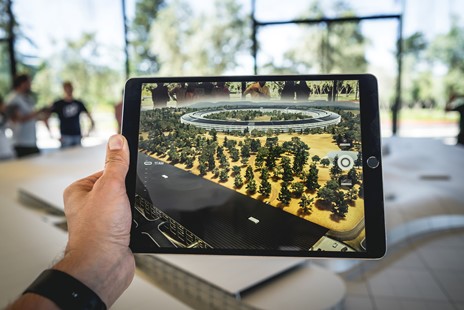
Have questions? We prepared a useful FAQ to answer typical questions, but if you would like to ask anything specific, please reach out to us at: oxr@eng.ox.ac.uk.
The effects of the global pandemic have been felt far and wide, in academia, commerce and industry, personal relationships, and even mental health. Global economic growth in 2019 was the lowest in over a decade, according to the United Nations. It cautioned that slower global growth “[threatened] to undermine progress towards eradicating poverty, raising living standards, and creating a sufficient number of decent jobs.”
The hackathon seeks to mobilise global collaboration to create solutions to address COVID-19 challenges and assist in the post-pandemic recovery. There will be four challenges addressing key sectors affected by the global pandemic, including Cultural Heritage, Medicine/Healthcare, Education, and Environmental Sustainability.
Challenges
Challenge: Cultural Heritage
How can technology facilitate inclusivity and access in the cultural heritage sector? Supported by the University of Oxford’s Heritage Network and TORCH (en)coding Heritage Network.
Challenge: Medicine/Healthcare
How can we redesign medical training, foster global collaboration, and improve patient care to save lives? Supported by Reuben College, Oxford & The MRC Weatherall Institute of Molecular Medicine
Challenge: Education
How can we create more engaging learning experiences and foster academic success especially in distance-learning environments?
Supported by the University of Oxford Department of Education.
Challenge: Environmental Sustainability
How can we emerge out of the pandemic and create more sustainable environmental practices?
For more information on the Immers-ed Global Hackathon visit https://oxr.eng.ox.ac.uk/hackox/
Organised by the University of Oxford X-Reality Hub, with the generous support of the University of Oxford IT Services, TORCH (en)coding Heritage Network and the MRC Weatherall Institute of Molecular Medicine.
